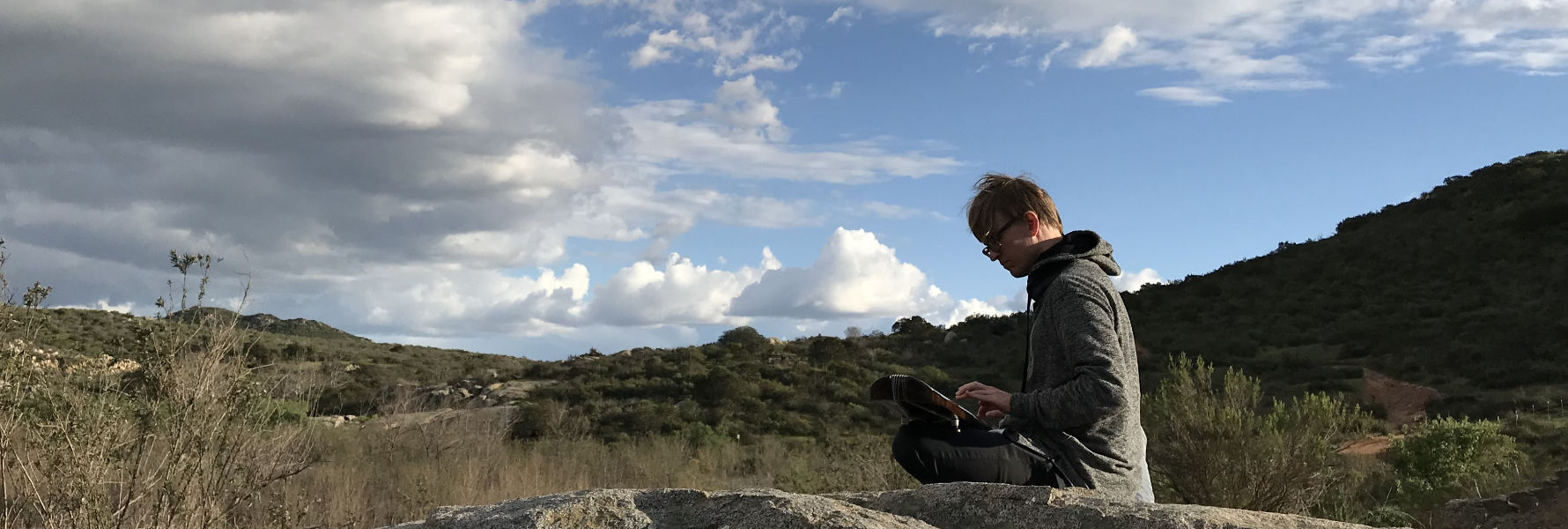Guqin is for those who would like to practice an instrument for reasons beyond making music. Playing any instrument is in some sense about forming a relationship, and if I become like my five closest friends then I think my character is also influenced by my hobbies. We become what we practice.
If that sounds interesting, and you’re curious about the aesthetics of the guqin and how it might shape your becoming, here are some highlights:
- It is very quiet, made to be played for oneself or small gatherings. People do play concerts and use microphones to amplify it, but during practice it produces an internal, reserved sound well suited to contemplation. Its expression is pointed more towards subtlety and quietude, rather than performing large and loud emotions (though they have their very brief moments in the repertoire).
- It is difficult. If you get impatient from not being able to do something quickly, practicing the guqin will reveal it in abundance–I speak from experience. For a sense of how I studied, and how I practice: it takes me several months to memorize a piece, learning the dynamics of every note and phrase. After I learn a piece I play it daily. It takes me playing through a piece hundreds of times before I begin to find my voice inside of it. The richness of the music ages with practice.
- It is ancient and connected to a lineage. The guqin (literally: “ancient zither”) is purported to be over 2000 years old, with instruments surviving from the Tang dynasty (~700CE). Many of the songs I play were written down around 600 years ago, and some songs may have been in the oral tradition since the time of Confucius. Many of the pieces have commentary, paintings, and poems which inspired or were inspired by the music, which situates guqin aesthetics as not strictly musical but also related to literature, philosophy, and visual arts.
Listen
See if the sound of the guqin speaks to you by listening to some recordings. Here are some starting places:
- Liu Shui, a song capturing the movement of water, played by my teacher David Wong.
- Wild Geese Descending on the Sandbank played by David’s teacher, Dai Xiaolian, who teaches guqin at Shanghai Conservatory.
- Soaring Dragon – listen to an immortal dragon move in and out of the clouds overhead. Performed by Dai Xiaolian’s teacher and great-uncle Zhang Ziqian, one of the 20th century masters of the guangling school who was so known for this piece that he was also called “Dragon Zhang”.
Teaching Rate
Lessons are currently offered from my home for $80/hour.
Get in Touch
You can reach me by email at george ạt hoqqanen ɗοt com or by filling out the form below. I look forward to hearing from you.
Other Info
I mostly teach guqin in San Diego at my house, but can make exceptions for occasional online lessons. There aren’t very many ways to learn guqin in San Diego, and I’m excited to offer an avenue for people to learn and deepen their connection with the instrument.
